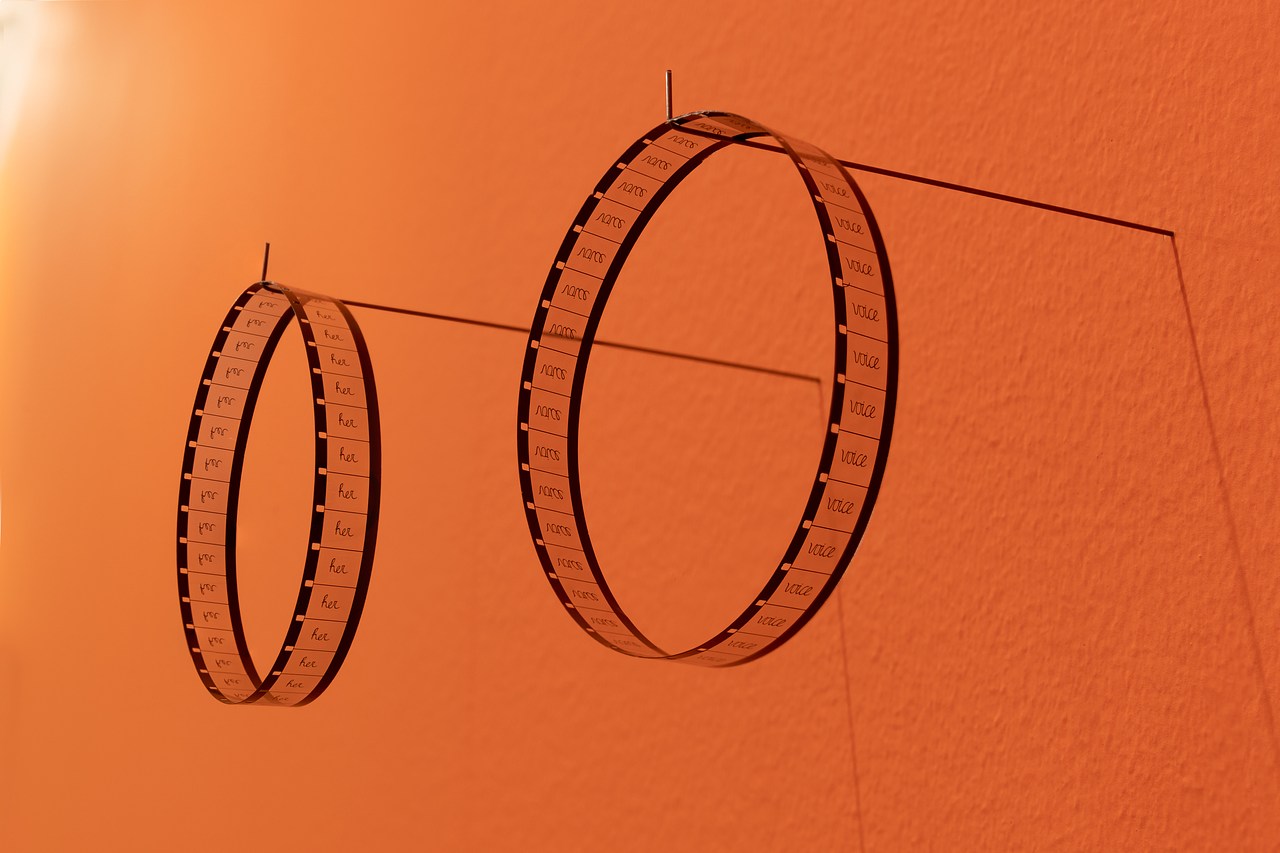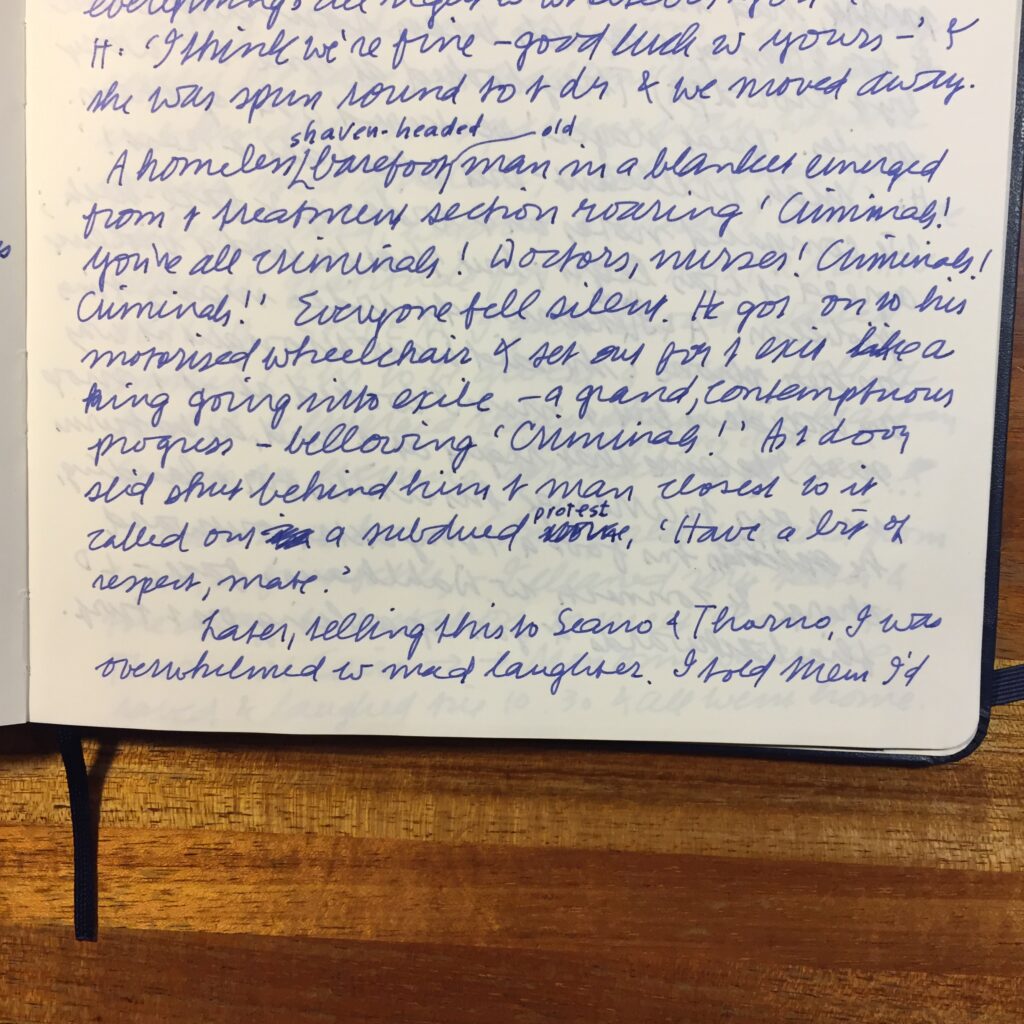In the early seventies, Helen Garner, a newly single mother, found herself in the first of several “hippie houses” she lived in that decade in the suburbs of Melbourne. She read and made up songs with her daughter and fell in love with a heroin addict—an affair she documented daily in her diary. The writing deepened as her life became more complicated. Soon, she began to see an outline. “Story is a chunk of life with a bend in it,” Garner told Thessaly La Force in her Art of Fiction interview, published in the Fall issue of the Review, “and I could feel this one coming.” Every day for a year, after she had dropped her daughter off at school, she sat in the state library working on her first novel, Monkey Grip.
The book was a hit, although several critics (“almost always men”) accused Garner of simply publishing her personal journals. The truth is, she confesses, the novel really was closely based on her diary—and why not? “Underlying the famously big gap between fiction and nonfiction there’s a rather naive belief that fiction is invented—that it’s pulled out of thin air,” Garner says. “All those comments I’ve had to cop about my novels not being novels—they rest on that idea that the novel is mightier than every other form.” When we asked Garner—who is also an accomplished journalist who has covered criminal trials for decades—whether she might share with us something from her recent journals, she sent us a true “chunk of life,” at once artfully sculpted and uncompromisingly honest.
In the winter of 2017, when I wrote these entries, three things were dawning on me: first, that if my hearing continued to fade I would have to stop writing about criminal trials; second, that although I was probably burned-out, I would miss the courts terribly; and third, that I would be saved from boredom and despair by the company of my young grandchildren, who live next door.






